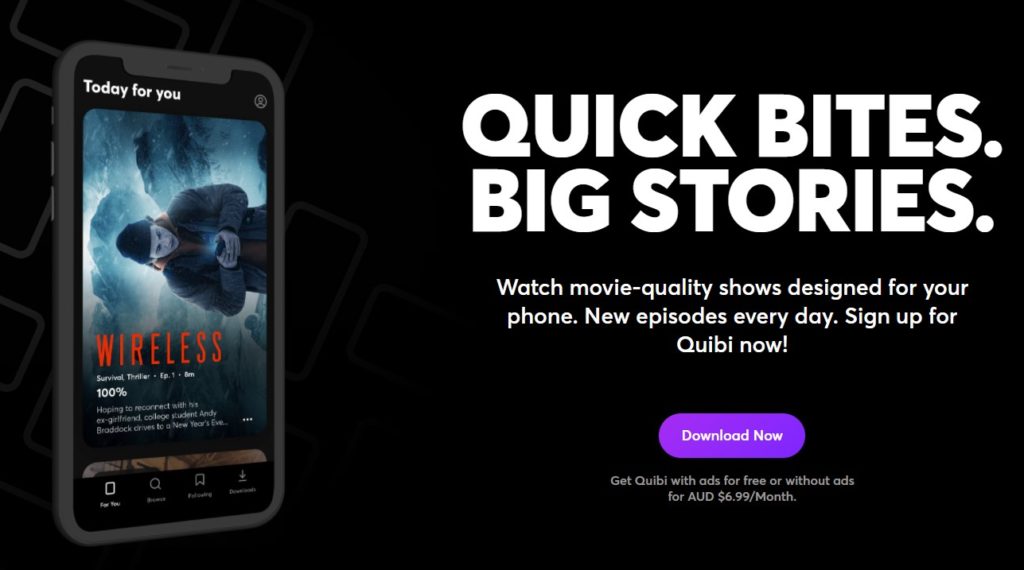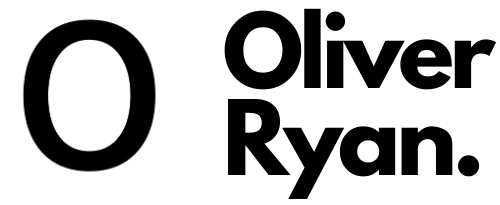Quibi – hubris or bad luck?
What is Quibi?
To be more precise – what was Quibi? Quibi aimed to produce quick (Qui-), bite-sized (-bi) parcels of mobile-focused entertainment content; a short-form video streaming service to challenge incumbents and transform the entertainment industry. The promise of Hollywood-level production and content featuring A-list stars would stand out from free content rivals. The world needs more content…
Quibi launched in April 2020, a fortnight after COVID-19 shut downs began. Charting the course were entertainment industry heavyweight Jeffrey Katzenberg and former Hewlett-Packard CEO Meg Whitman.

On Wednesday, just six-months after launch and after raising nearly US$1.75bn in funding, Quibi told its investors that it will shut down with US$350m heading back their way. An ugly TVPI calculation and valuation adjustment. “The world has changed dramatically since Quibi launched and our standalone business model is no longer viable,” Katzenberg said in the statement.
Quibi’s post mortem has commenced
- Was mobile-only content their undoing? (vs multi-platform)
- Was the product strategy too rigid? (the product strategy was as rigid as stone)
- Despite a 90-day trial, was the long-term user acquisition strategy insufficient?
- What was the marketing strategy? (had you ever heard of Quibi?)
- Was the content any good? (no…)
- Was US$5 per month too much for this content? (why would millennials pay for content while Tik Tok and other competing platforms are free?)
- Or was it just a bad idea…
Social media is bathing in schadenfreude
Two of my favourite takes:
- “RIP Quibi. Finally, someone went broke underestimating the intelligence of the American public.” (@dave_kehr)
- “Say what you will about Quibi, but few media outlets are willing to bet on emerging talent and then lock their work behind a paywall to stop them from emerging any further.” (@joshgondelman)
Most startups fail
The US investment community has been quick to deploy the Citizenship in a Republic by Theodore Roosevelt defence. On Quibi’s demise:
- “Building a company is hard, why celebrate a fail?” (Andrew Chen—a16z)
- “The glee about Quibi’s failure seems to me misguided. Startups are hard.” (Paul Graham)
I understand startups are hard. I am plying my trade in a loss-making startup. However, most startups don’t have an all-star cast and $2bn in funding from astute investors. Disney…Goldman Sachs… Alibaba… Sony Pictures… Viacom… Further, most startups are solving a pain point, not attacking an uber competitive, high-tech market segment such as online video content…
In this instance I am inclined to agree with the social media take of executive hubris. After all, the customer is always right…
Evergreen startup lessons
- Capital is not a predictor of success;
- Past success is not a predictor of future success;
- You cannot brute force product-market fit;
- No customers, no success;
- You cannot skip startup steps (a startup that hasn’t launched yet is a seed-stage company, with seed-stage risk).

